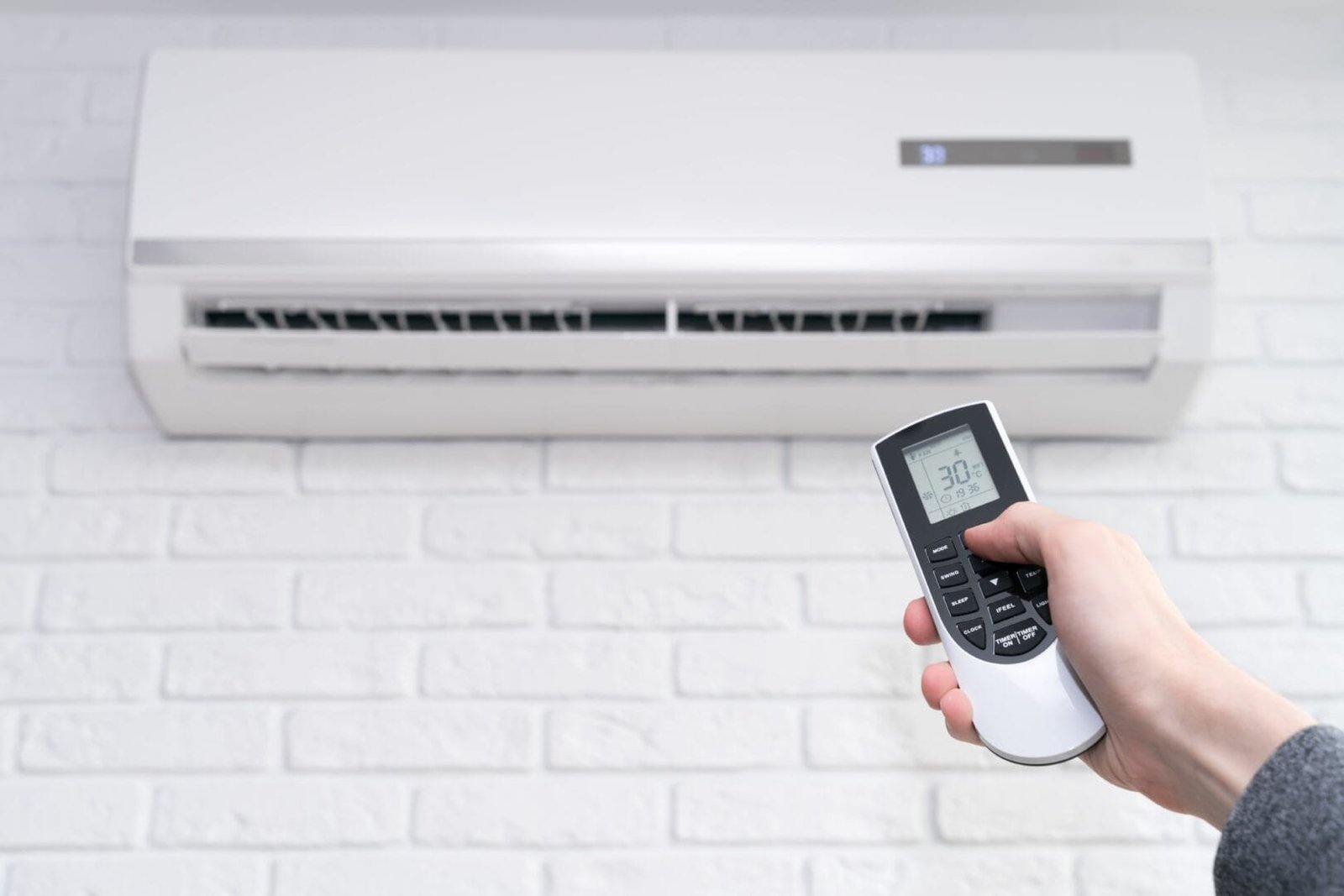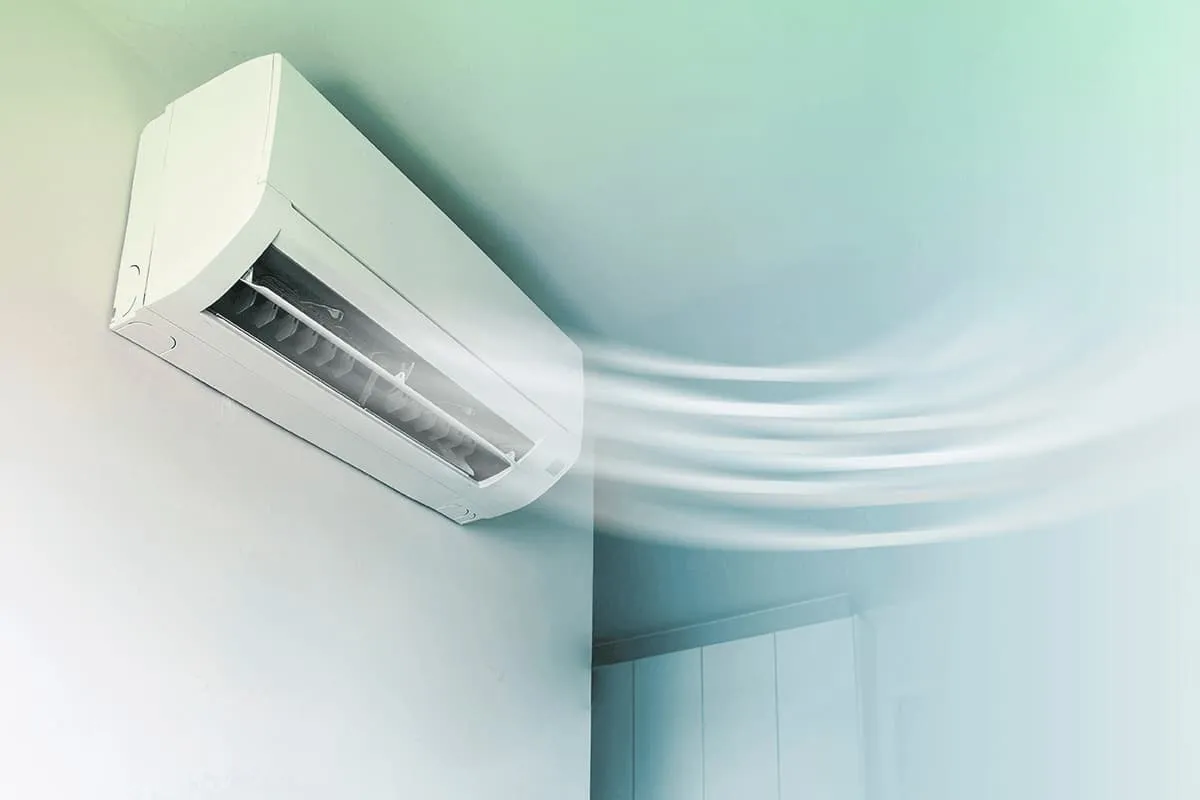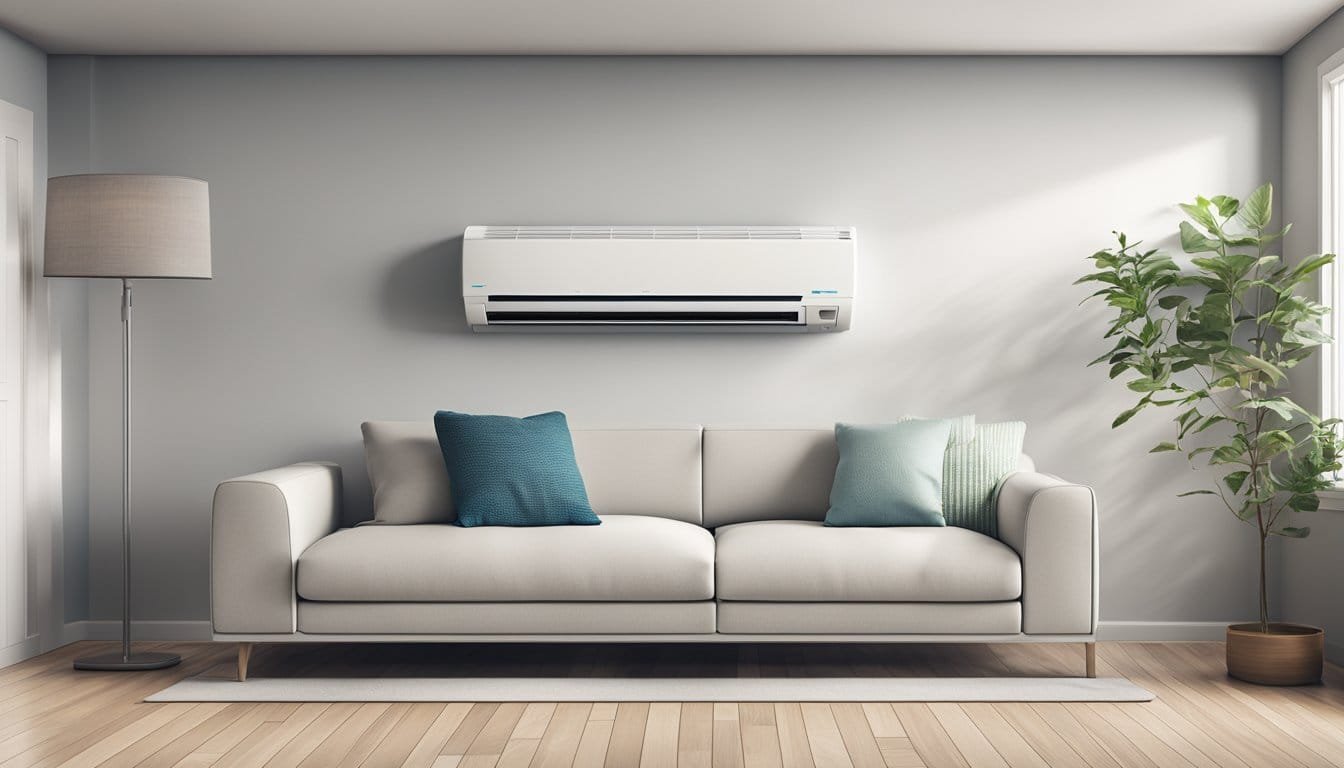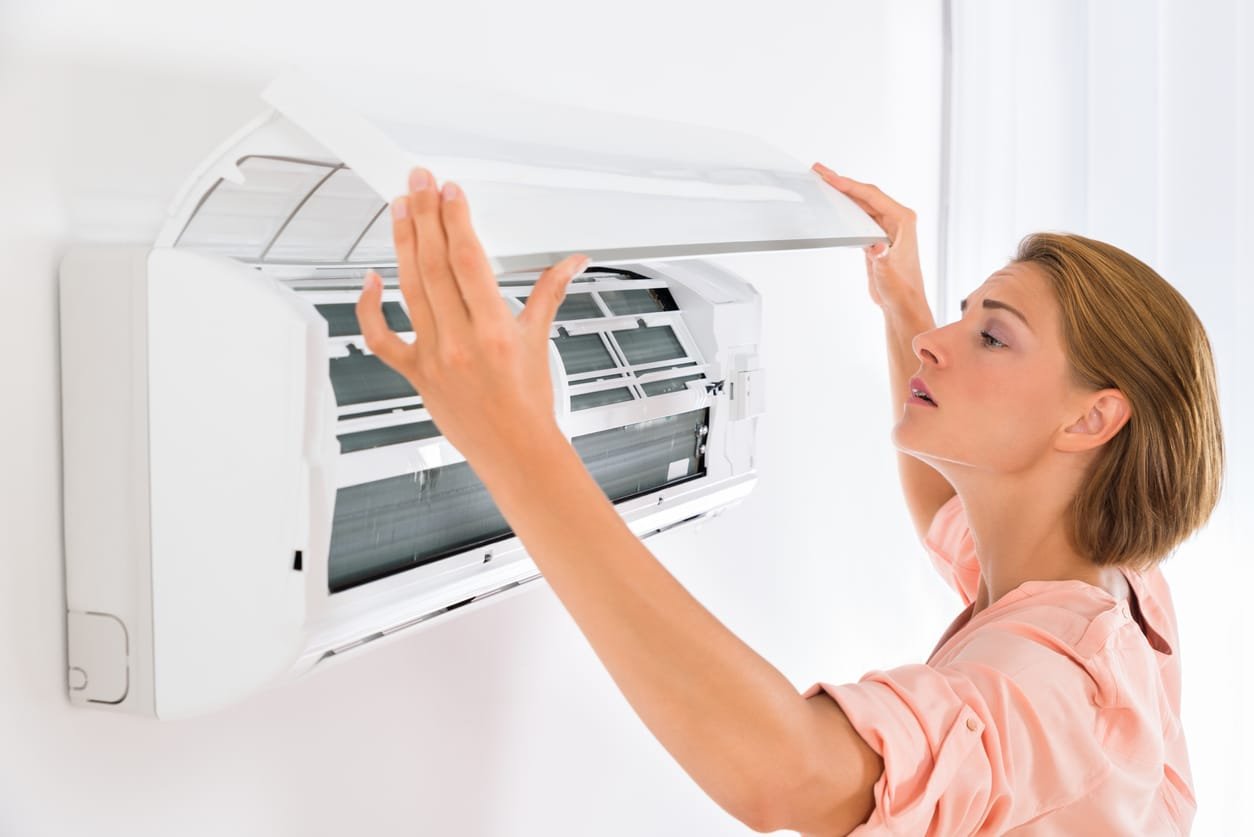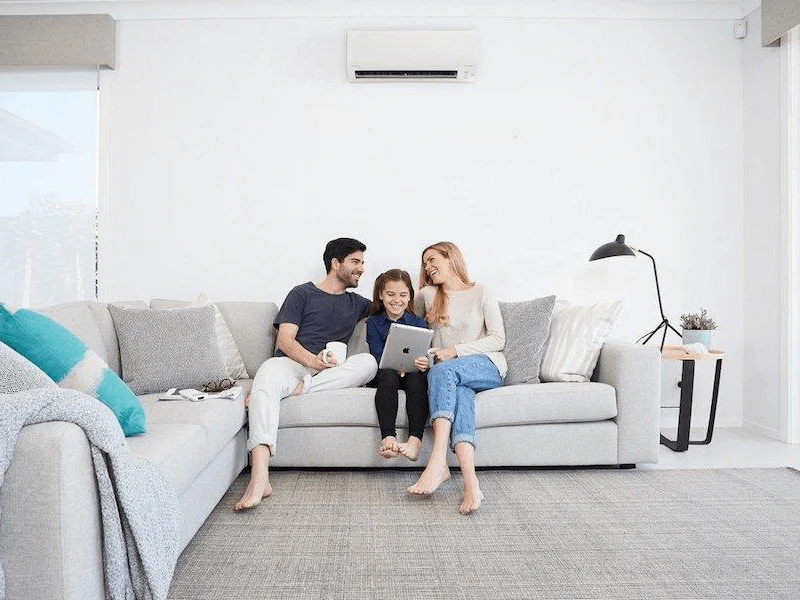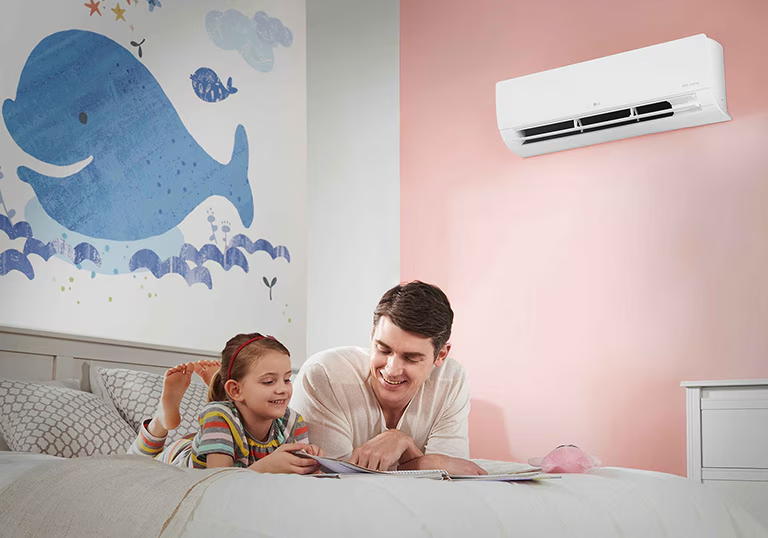Cold mornings are nothing new during winter on the Gold Coast—but when your HVAC stops working suddenly, the chill becomes more than just seasonal discomfort. Whether you run a household, a café, or a busy office, sudden heating system failure can create a stressful, unpleasant environment for everyone.
Before rushing to contact a technician, it’s helpful to troubleshoot a few common causes. When an HVAC stops working suddenly, it’s often due to three main issues: clogged air filters, low refrigerant, or blocked components such as coils and ducts. These problems reduce airflow and force the system to overwork, potentially leading to serious damage.
Here are a few steps to check:
1. System responsiveness
First, determine if your HVAC is turning on at all. If there’s no airflow, no heat, or strange sounds or smells, you might be facing an electrical or mechanical fault.
2. Thermostat check
Confirm the thermostat is set to “heat,” the temperature is above room temperature, and the fan mode is on “auto.” Also, check the batteries—dead ones could be the issue.
3. Inspect the circuit breaker
A tripped breaker is a common cause when your HVAC stops working suddenly. Reset any flipped switches related to the system.
4. Clean or replace air filters
Dusty filters block airflow and may cause your system to shut down as a safety measure. A monthly check, especially in winter, keeps things running smoothly.
5. Check for airflow issues
Cold spots in certain rooms or weak airflow may point to blocked vents or a malfunctioning fan motor.
6. Listen closely
Unusual noises—grinding, banging, or squealing—can indicate internal damage. Shut off the system and seek professional help immediately.
If after these steps the HVAC still won’t respond, it’s time to call a qualified technician to assess and fix the issue. Don’t wait too long—addressing the problem early can prevent more extensive damage later.
Source: DEEPCHILL

